Principal Investigators

Manoj Lalu
-
Email
-
DegreeMD, PhD, FRCPC
-
InstituteOttawa Hospital Institute
-
Website
BIOGRAPHY
Dr. Manoj Lalu is an Anesthesiologist at The Ottawa Hospital and a Scientist the OHRI (Clinical Epidemiology and Regenerative Medicine Programs). He is an Associate Professor in uOttawa’s Department of Anesthesiology and Pain Medicine with a cross-appointment in the Department of Cellular and Molecular Medicine. His current interests revolve around improving the preclinical to clinical translational pathway. This includes conducting preclinical and clinical systematic reviews, as well as meta-research on the conduct and reporting of laboratory-based studies. He leads the Blueprint Translational Research Group with Dean Fergusson, which is focused on methods to improve the speed and success of bench-to-bedside translation.
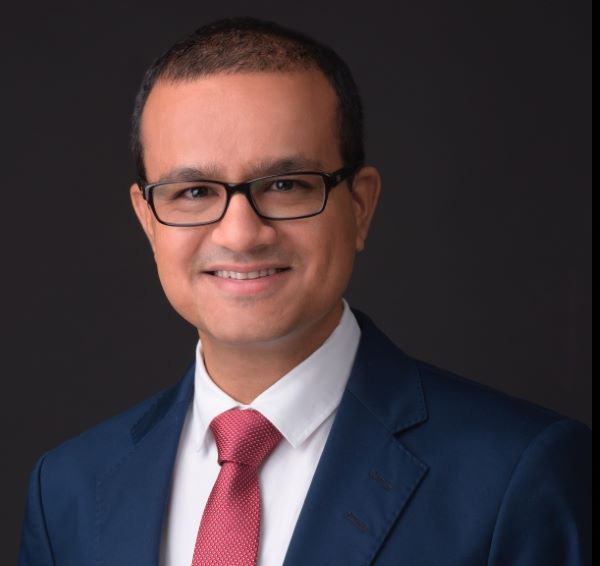
Arvind Mer
-
Email
-
DegreePhD
-
InstituteUniversity of Ottawa
-
Website
BIOGRAPHY
Arvind Mer is an Assistant Professor at the Faculty of Medicine and the School of Electrical Engineering & Computer Science at the University of Ottawa. He earned his Ph.D. from Freie Universität Berlin, Germany, and completed postdoctoral training at the Karolinska Institutet and the University Health Network, Toronto. His research focuses on applying machine learning and artificial intelligence to human health data analysis and bioinformatics.
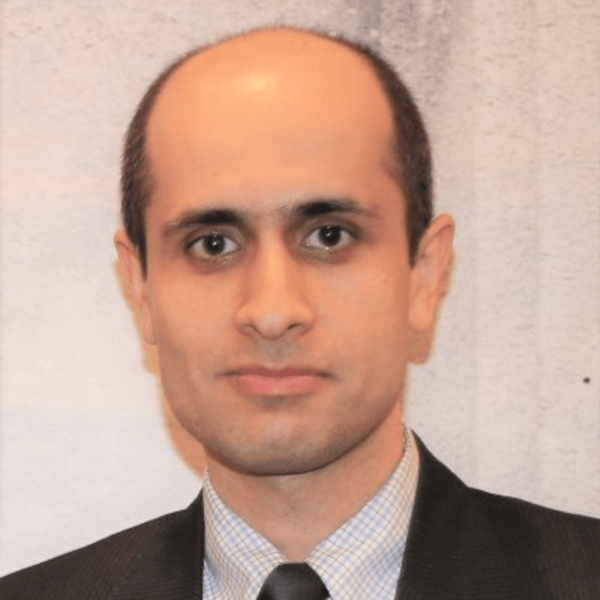
Majid Komeili
-
Email
-
DegreePhD
-
InstituteCarleton University
-
Website
BIOGRAPHY
Majid Komeili is an Associate Professor at the School of Computer Science and the Institute for Data Science at Carleton University and director of the Intelligent Machines Lab (iML). He received his PhD from University of Toronto. His research interests include Machine learning and related areas in computer vision and natural language processing.
Project Coordinator
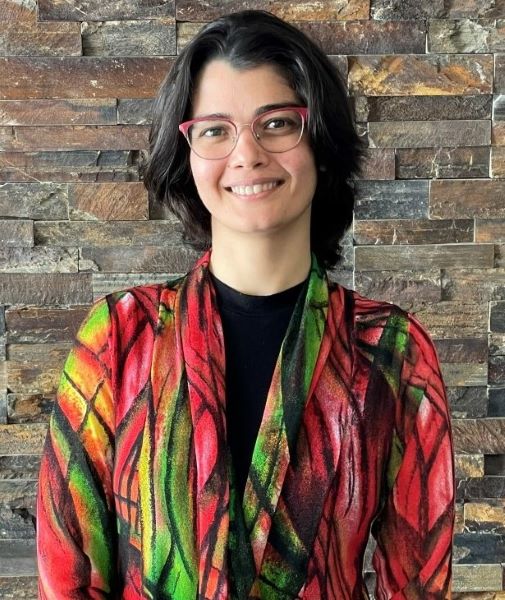
Forough Jahandideh
-
Email
-
DegreePhD
-
InstituteOttawa Hospital Research Institute
BIOGRAPHY
Forough Jahandideh is a research associate in the Blueprint Translational Research Group at the Ottawa Hospital Research Institute. She completed her PhD and postdoctoral training at the University of Alberta, focusing on various preclinical models of cardiometabolic and infectious diseases, including sepsis. Currently, Forough leads the coordination and execution of multilaboratory preclinical sepsis studies across Canada through the National Preclinical Sepsis Platform. The team is dedicated to enhancing the translatability of preclinical research and addressing critical knowledge gaps in sepsis studies.
Trainees
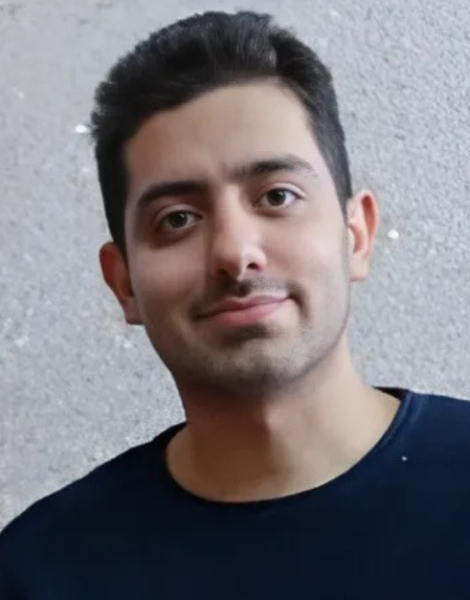
Mohammad Reza Zarei
-
Email
-
DegreePhD Candidate
-
InstituteCarleton University
BIOGRAPHY
Mohammad Reza Zarei is a Computer Science Ph.D. candidate at Carleton University and a member of the Intelligent Machines Lab (iML), specializing in explainable few-shot learning and foundational models. He received his MSC as an outstanding student in Artificial Intelligence from Shiraz University. His research interests include transfer learning, few-shot learning, and explainable artificial intelligence.

Eva Kuhar
-
Email
-
DegreePhD Candidate
-
InstituteOttawa Hospital Research Institute, University of Ottawa
BIOGRAPHY
Eva Kuhar holds a BSc in Biochemistry with a concentration in Molecular Biology and a minor in Psychology from Bishop’s University. She completed her MSc and is now pursuing a PhD in the Cellular and Molecular Medicine program at the University of Ottawa, conducting research in the Lalu-Stewart lab within the Regenerative Medicine Program at the Ottawa Hospital Research Institute (OHRI). Her research focuses on biological sex differences in preclinical models of acute lung injury (ALI), including leading a multilaboratory study to refine and standardize these models. As a member of the National Preclinical Sepsis Platform (NPSP), Eva contributes to optimizing sepsis models, fostering collaboration among multidisciplinary teams to advance critical care research.
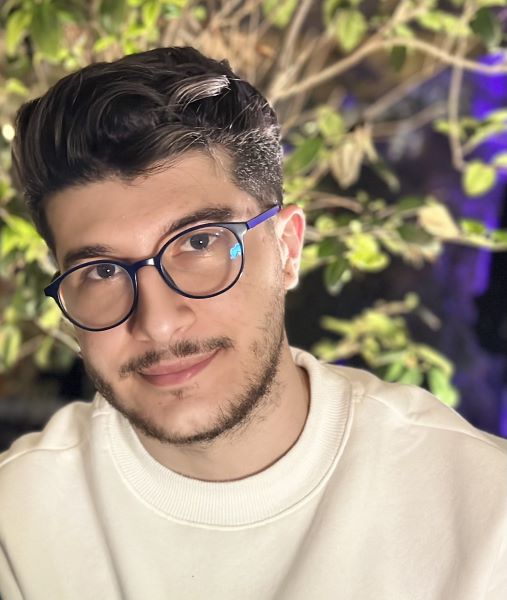
Amirhosein Ebrahimi
- Email
-
DegreeMaster's Student
-
InstituteUniversity of Ottawa
BIOGRAPHY
Amirhosein Ebrahimi is a Master’s student in Biomedical Engineering specializing in Artificial Intelligence. His work focuses on leveraging AI to develop innovative solutions for critical healthcare challenges, aiming for the highest social impact. He is particularly interested in utilizing machine learning to improve diagnostics, treatment, and patient outcomes.
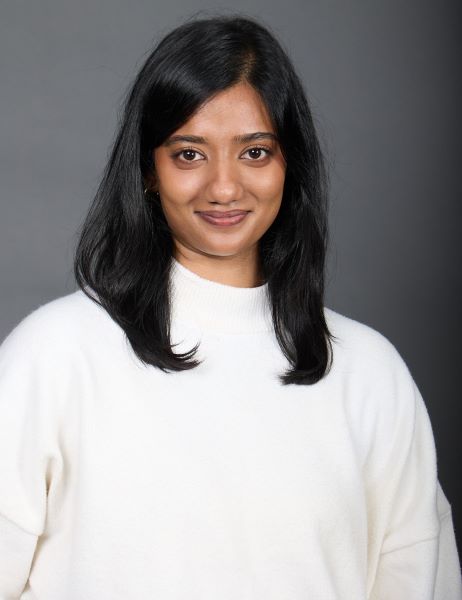
Prarthna Karunamurthy
-
Email
-
DegreeBScH
-
InstituteOttawa Hospital Research Institute
BIOGRAPHY
Prarthna Karunamurthy is a graduate student pursuing a Master of Science in Cellular and Molecular Medicine at the University of Ottawa. Under the supervision of Dr. Manoj Lalu and Dr. Duncan Stewart, her research revolves around exploring regulatory T cell-derived extracellular vesicles as a therapy for acute lung injury. Alongside her primary thesis work, she also contributes to the efforts of the National Pre-clinical Sepsis Platform. Prior to this, Prarthna earned a Bachelor of Science with Honours in Life Sciences from Queen’s University.

Kasuni Pillagawa Gedara
-
Email
-
DegreeBSc
-
InstituteUniversity of Ottawa
BIOGRAPHY
Nemo enim ipsam voluptatem quia voluptas sit aspernatur aut odit aut fugit, sed quia consequuntur magni dolores eos qui ratione voluptatem sequi nesciunt. Neque porro quisquam est, qui dolorem ipsum quia dolor sit amet, consectetur, adipisci velit, aliquam quaerat voluptatem.Neque porro quisquam est, qui dolorem ipsum quia dolor sit amet, consectetur, adipisci velit, aliquam quaerat voluptatem. Ut enim ad minima veniam, quis nostrum exercitationem.
Collaborators
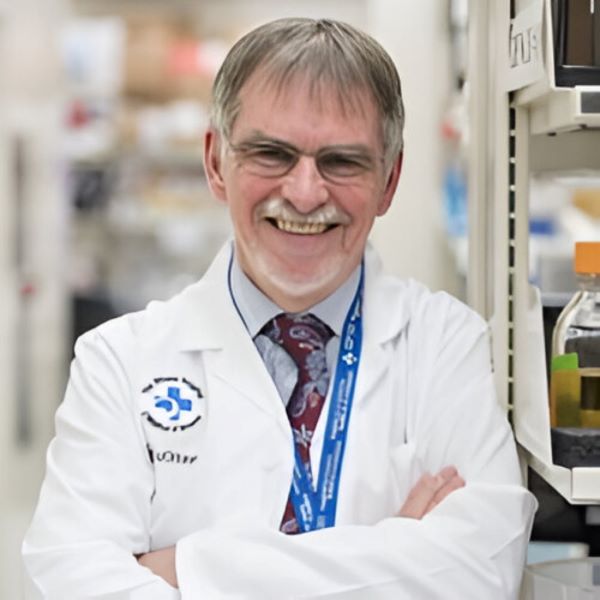
Duncan Stewart
-
DegreeMD, FRCPC
-
InstituteOttawa Hospital Research Institute
BIOGRAPHY
Dr. Duncan J. Stewart is a pioneering cardiovascular researcher whose translational work in gene and cell therapy is critically relevant to pulmonary and heart diseases. He has led innovative clinical trials for pulmonary hypertension and inflammatory lung diseases, bridging foundational discoveries in vascular biology with advanced therapeutic applications. As the former CEO of the Ottawa Hospital Research Institute and a leader in regenerative medicine, he has built collaborative platforms that integrate clinical and scientific research. Dr. Stewart continues to direct a vibrant research team and is spearheading the development of a major new biotherapeutics manufacturing facility, positioning Ottawa to be at the forefront of developing next-generation therapies for respiratory conditions.
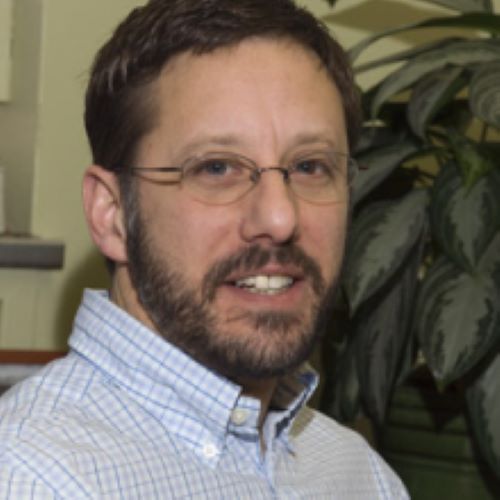
Arnold S. Kristof
-
DegreeMDCM, FRCPC
-
InstituteResearch Institute of the McGill University Health Centre
BIOGRAPHY
Dr. Arnold Kristof is a physician-scientist whose research centers on the mammalian target of rapamycin (mTOR), a central signaling protein that regulates cell growth, division, and survival in response to nutrients and growth signals. His work explores two contrasting pathological pathways: how overactive mTOR drives cancer-like lung diseases such as lymphangioleiomyomatosis (LAM) by suppressing cell death, and how diminished mTOR signaling exacerbates lung injury and inflammation by promoting cell death. Through these studies, Dr. Kristof aims to develop improved molecular diagnostics and targeted therapies for patients with LAM and acute lung injury.

Sean E. Gill
-
DegreePhD
-
InstituteUniversity of Western Ontario
BIOGRAPHY
Dr. Sean E. Gill is an Associate Professor at the University of Western Ontario, where his research focuses on understanding the mechanisms that regulate inflammation, tissue injury, and repair following lung injury, with a primary focus on indirect injury due to sepsis. Current projects in his lab include assessing the impact of various comorbidities and lifestyle factors such as age, exercise, and biological sex on susceptibility to lung injury. Additional projects include examining the role of metalloproteinases and their endogenous inhibitors, the tissue inhibitors of metalloproteinases (TIMPs), in regulating recovery following lung injury, as well as the role of caspases and cell death in microvascular endothelial cell dysfunction during septic lung injury. For these studies, his lab uses the fecal injection into the peritoneum (FIP) preclinical model of sepsis, as well as multiple murine models of direct lung injury, including bleomycin (a model often used to study chronic lung injury and fibrosis), Pseudomonas aeruginosa infection, and mechanical ventilation. Techniques such as single cell RNA sequencing, flow cytometry, immunohistochemistry, quantitative real-time polymerase chain reaction, western blotting, and enzyme activity assays, in combination with culture of isolated primary cells, are then used to examine how specific cell populations are affected during lung injury and subsequent repair.
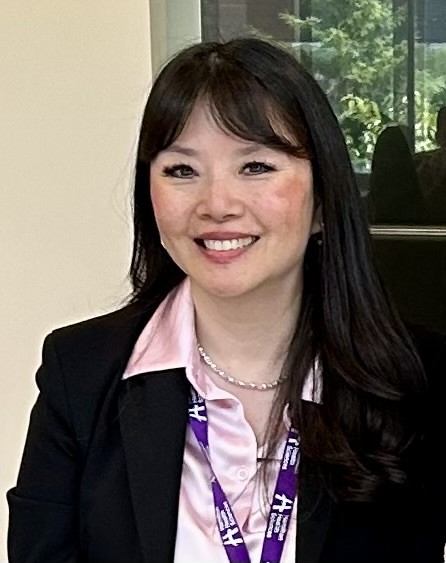
Patricia Liaw
-
DegreePhD
-
InstituteMcMaster University
BIOGRAPHY
Dr. Patricia Liaw is a Professor at McMaster University in the Department of Medicine, Division of Hematology & Thromboembolism. She holds the Jack Hirsh and Clive Kearon Chair in Thromboembolism Research. She is also the Chair of the Canadian Critical Care Translational Biology Group (CCCTBG). Her research program aims to understand the biological links between innate immunity, blood clotting, and vascular dysfunction, with a focus on the mechanisms of infection-induced immunothrombosis in the context of sepsis and disseminated intravascular coagulation (DIC). Her research approach includes studies of biochemistry, cell biology, animal models of aging, and translational studies of ICU patients with sepsis.
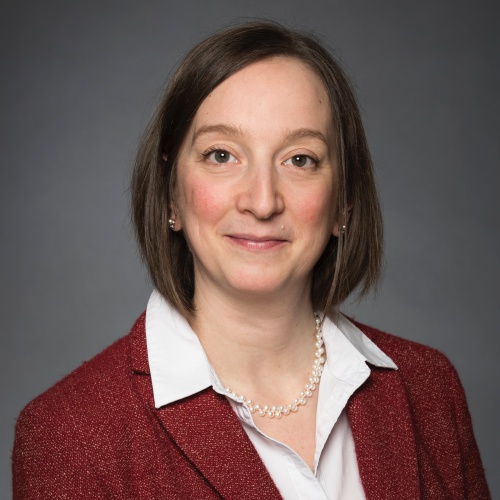
Angela Crawley
-
DegreePhD
-
InstituteOttawa Hospital Research Institute
BIOGRAPHY
Dr. Angela Crawley is a Scientist at the Ottawa Hospital Research Institute and Associate Professor at the University of Ottawa, where she leads a research program focused on the immunopathogenesis of chronic liver disease and, more recently, SARS-CoV-2 infection. With a PhD in Immunology and postdoctoral training in HIV immunopathogenesis, she brings extensive expertise in viral infections and chronic immune dysregulation. Dr. Crawley has been recognized with multiple awards, including a CIHR New Investigator Award, and is funded by agencies such as CIHR, NSERC, and the Covid-19 Immunization Task Force.
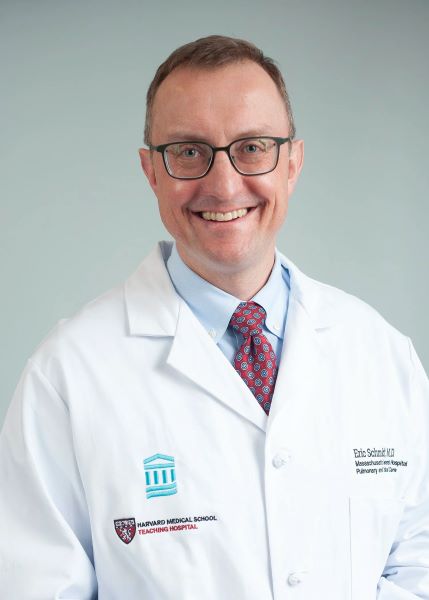
Eric Schmidt
-
DegreeMD
-
InstituteMass General Brigham, Harvard Medical School
BIOGRAPHY
Dr. Eric Schmidt is the Division Chief of Pulmonary and Critical Care Medicine at Mass General Brigham, which spans both Massachusetts General Hospital and Brigham and Women’s Hospital, and an Associate Professor of Medicine at Harvard Medical School. In his leadership role, he oversees one of the world’s leading clinical and academic pulmonary and critical care medicine programs, guiding its strategic vision in patient care, research, and education. His work is internationally recognized for advancing the understanding and treatment of critical illnesses such as sepsis and the Acute Respiratory Distress Syndrome (ARDS). Dr. Schmidt is dedicated to fostering global research collaborations and translating scientific innovation into improved clinical outcomes for patients worldwide. His efforts are focused on mentoring future leaders and driving progress in the field of pulmonary and critical care medicine on an international scale.
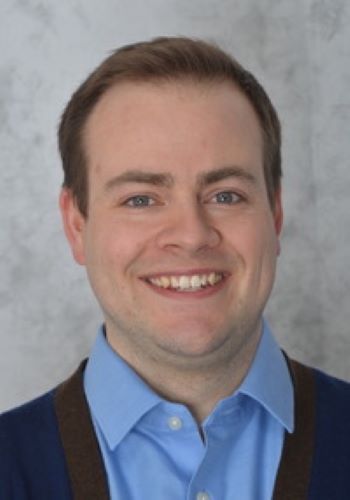
Braedon McDonald
-
DegreeMD, PhD, FRCPC
-
InstituteUniversity of Calgary
BIOGRAPHY
Dr. Braedon McDonald is an Associate Professor and Director of Research and Innovation in the Department of Critical Care Medicine at the University of Calgary, where he holds the Calvin, Phoebe, and Joan Snyder Chair in Critical Care Research. A clinician-scientist at the Snyder Institute for Chronic Diseases, he leads a translational research program focused on microbiome-immune-lung interactions in critical respiratory illnesses, including pneumonia and acute respiratory distress syndrome (ARDS). His work integrates immunology and microbiome science to explore how disrupted host-microbe relationships contribute to severe lung injury, immune dysregulation, and poor outcomes in critically ill patients. As an attending intensivist specializing in respiratory failure, Dr. McDonald bridges mechanistic insights from the lab to the bedside, with the goal of developing novel biomarkers and microbiome-targeted therapies for respiratory infections and inflammatory lung diseases.
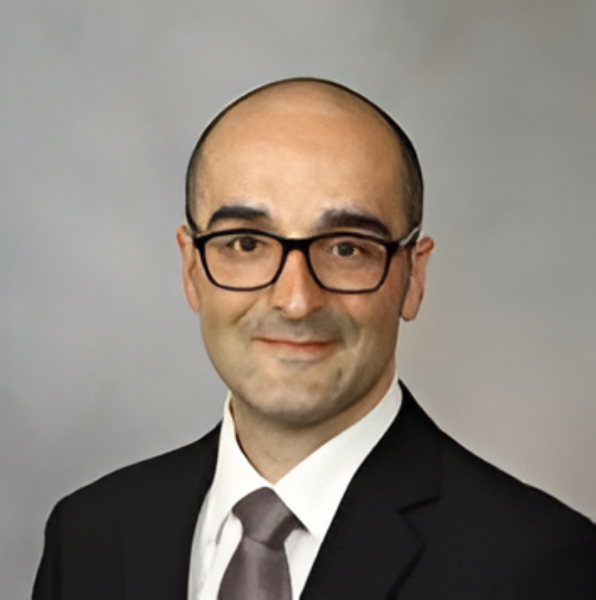
Ricardo Gonzalez
-
DegreeMD
-
InstituteVitalité Health Network
BIOGRAPHY
Dr. Ricardo Gonzalez is an Anatomic and Clinical Pathologist with specialized expertise in pathology informatics, molecular diagnostics, and artificial intelligence for digital histopathology. With nearly a decade of experience in surgical pathology gained at leading cancer referral centers, he brings deep diagnostic insight to his work on computational pathology and AI-driven tissue analysis. His research focuses on integrating multimodal data, including histomorphologic, molecular, and clinical information, to develop more precise diagnostic and prognostic tools. Dr. Gonzalez is committed to advancing public health through the implementation of digital pathology and AI-enabled technologies, with the goal of improving diagnostic accuracy, patient care, and equitable health outcomes worldwide.
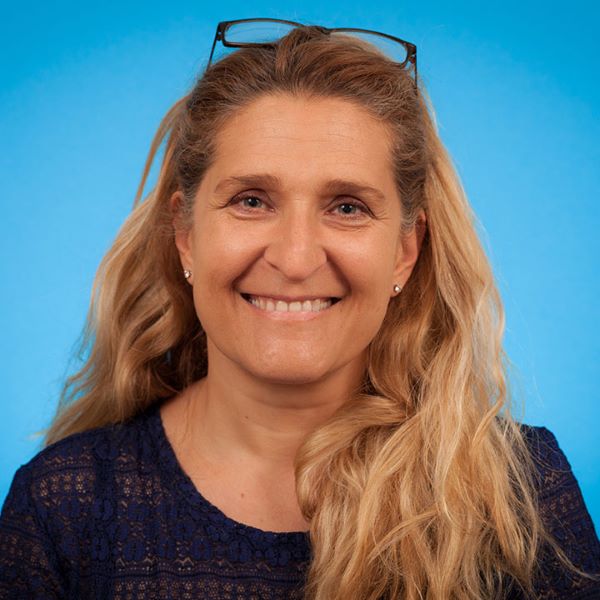
Claudia DosSantos
-
DegreeMSc, MD, FRCPC
-
InstituteUniversity of Toronto
BIOGRAPHY
Dr dos Santos is Professor of Medicine at the University of Toronto and an attending Intensivist at St Michael’s Hospital Medical Surgical Intensive Care Unit (MSICU). She holds a Tier 1 Canada Research Chair for Translational Critical Care Medicine (CCM) and past recipient of the Pitts Research Chair for Acute and Emergency Medicine at Unity Health Toronto (UHT). She is a Scientist at the Keenan Research Centre. Her research is aimed at building a world-class program in translational molecular critical care with three distinct areas of expertise in sepsis and acute respiratory distress syndrome (ARDS): patient-based discovery (omics/bioinformatics); in-vitro mechanistic research; and in-vivo preclinical functional genomics. She is the past scientific director for the Canadian Critical Care Society and is co-director of CRAFT, the Centre for Research and Applications in Fluidic Technologies (CRAFT), a joint venture between the University of Toronto, UHT and with the National Research Council of Canada. She creates and leads the PREcision meDIcine for CriTical Care (PREDICT) program and biobank as well as ARIATNE, Advanced RNA-Intelligence for Accelerated Therapeutic Nanoparticle Engineering, a collaboration with the Nanomedicine Innovation Network (NMIN) to develop RNA-therapies for rapid response to infection and pandemic preparedness. She is co-founder and Chief Scientific Officer of NorthMiRs, a student owned start-up committed to developing innovative RNA-based therapies for sepsis and ARDS.

Katey Rayner
-
DegreePhD
-
InstituteUniversity of Ottawa
BIOGRAPHY
Dr. Katey Rayner is the Chief Scientific Officer of the University of Ottawa Heart Institute, a Full Professor at uOttawa, and Director of the Vascular Inflammation and Metabolism Laboratory. Her pioneering research investigates the dysregulation of inflammation in cardiometabolic disease, with a specific focus on the intersection of immunometabolism and RNA biology. She is a leader in exploring RNA-based therapeutics to treat inflammatory-driven conditions, including atherosclerotic and metabolic diseases. By directing strategic research clusters and leveraging her expertise in molecular mechanisms, Dr. Rayner is at the forefront of translating fundamental discoveries in vascular biology into novel therapeutic strategies.
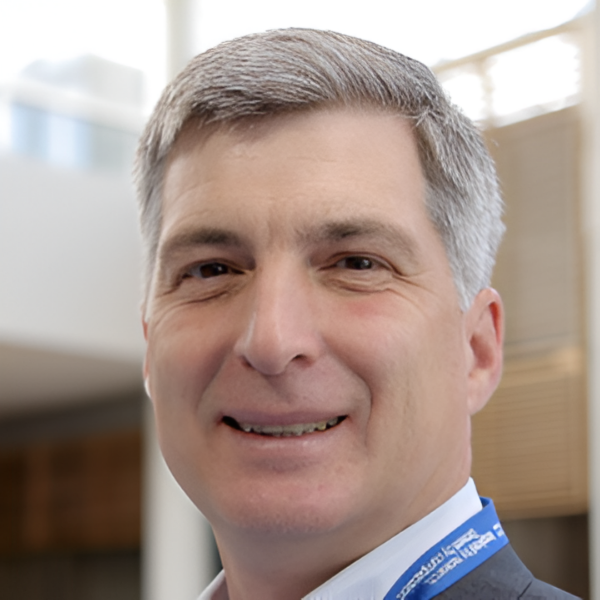
Dean Fergusson
-
DegreePhD, MHA, FCAHS
-
InstituteOttawa Hospital Research Institute
BIOGRAPHY
Dr. Fergusson is a Senior Scientist & Deputy Scientific Director of Practice-Changing Research, at the Ottawa Hospital Research Institute. He is also a Full Professor, Departments of Medicine, Surgery, & of the School of Epidemiology and Public Health, University of Ottawa. Dr. Fergusson holds the position of Endowed Chair, OHRI/uOttawa, Clinical Epidemiology Program and is the Scientific Lead of the Ontario SPOR SUPPORT Unit (OSSU). He holds a PhD (Honours) in Epidemiology and Biostatistics from McGill University and a Master of Health Administration from the University of Ottawa. Dr. Fergusson is an internationally recognized scientist in transfusion medicine and clinical trial methodology. Dr. Fergusson is a principal applicant on large-scale national initiatives, including the Accelerating Clinical Trials (ACT) Consortium and the CANTRAIN Training Platform, and co-founded the BLUEPRINT team based at the OHRI dedicated to accelerating bench to bedside translation. Dr. Fergusson has authored over 740 peer-reviewed publications and serves as principal investigator on several practice-changing trials in blood conservation and transfusion outcomes.
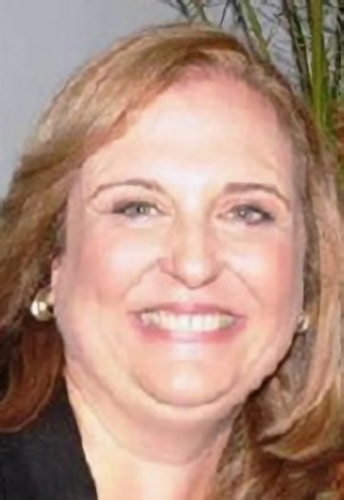
Patricia Rocco
-
DegreeMD, PhD
-
InstituteFederal University of Rio de Janeiro
BIOGRAPHY
Dr. Patricia Rocco is a Full Professor of Respiratory Physiology at the Federal University of Rio de Janeiro, Brazil. She is a Full Member of the Brazilian National Academy of Medicine and Brazilian Academy of Science and holds the highest-level research fellowship (1A) from Brazil’s National Research Council (CNPq). With over 520 peer-reviewed publications and extensive mentorship of graduate and postgraduate trainees, Dr. Rocco has made significant contributions to advancing global understanding and innovation in respiratory medicine.

Bernard Thébaud
-
DegreeMD, PhD
-
InstituteOttawa Hospital Research Institute & CHEO Research Institute, University of Ottawa
BIOGRAPHY
Dr. Bernard Thébaud is a clinician-scientist with a focus on the clinical translation of stem cell-based and gene therapies for lung diseases. He is a senior scientist with the Ottawa Hospital Research Institute and a neonatologist with the Children’s Hospital of Eastern Ontario, providing care to critically ill newborns. He is a Professor of Pediatrics at the University of Ottawa, uOttawa Partnership Research Chair in Regenerative Medicine and holds a Tier 1 Canada Research Chair in Lung Stem Cell Biology and Regeneration.
Dr. Thébaud obtained his MD at the University Louis Pasteur in France and trained in Pediatrics and Neonatology at the University Paris V, where he obtained his MSc and PhD, before completing a 2-year postdoctoral fellowship at the University of Alberta.
Dr. Thébaud studies the mechanisms of lung development, injury and repair to design new treatments for incurable lung diseases. His focus is on answering clinically relevant questions for translation into real-life applications. He is now translating innovative cell and gene therapies from the lab into patients to improve outcomes.
Dr. Thébaud has participated on numerous peer review committees and scientific advisory boards at the international, national and provincial level, including CIHR and NIH. His research is funded by the Canadian Institutes of Health Research, the Heart and Stroke Foundation of Canada, and the Stem Cell Network.
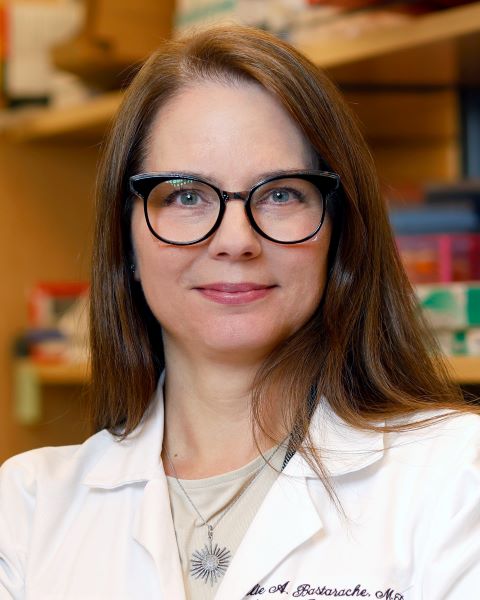
Julie Bastarache
-
DegreeMD
-
InstituteVanderbilt University Medical Center
BIOGRAPHY
Julie Bastarache is a pulmonary and critical care physician scientist. Her lab studies cellular and molecular mechanisms of acute lung injury and non-pulmonary organ dysfunction during sepsis and critical illness.
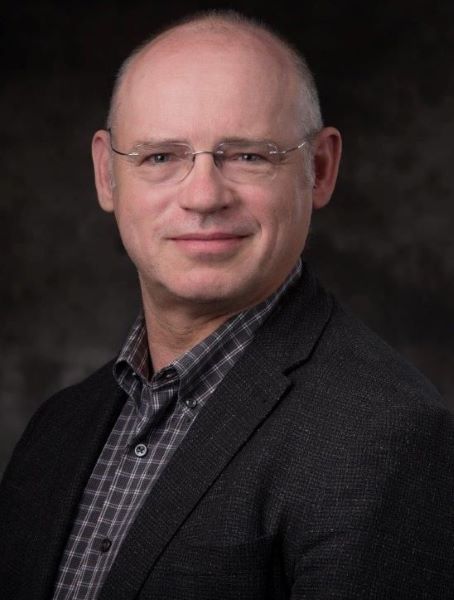
Christian Lehmann
-
DegreeMD, PhD, FRCPC
-
InstituteDalhousie University, Halifax, NS
BIOGRAPHY
Dr. Christian Lehmann is Professor of Anesthesia, Pharmacology, Microbiology & Immunology and Physiology & Biophysics at Dalhousie University, Halifax, NS, Canada. He is Staff Anesthesiologist and Medical Director of Research in the Department of Anesthesia, Pain Management and Perioperative Medicine, Nova Scotia Health Authority. Dr. Lehmann has 25 years of experience in experimental and clinical inflammation and infection research. He is the author of more than 300 original publications, 5 books, and 13 book chapters. He and his collaborators received funding for their research on the therapeutic modulation of the immune response from CIHR, NSERC, CFI, MITACS, NSHRF, and Innovacorp.
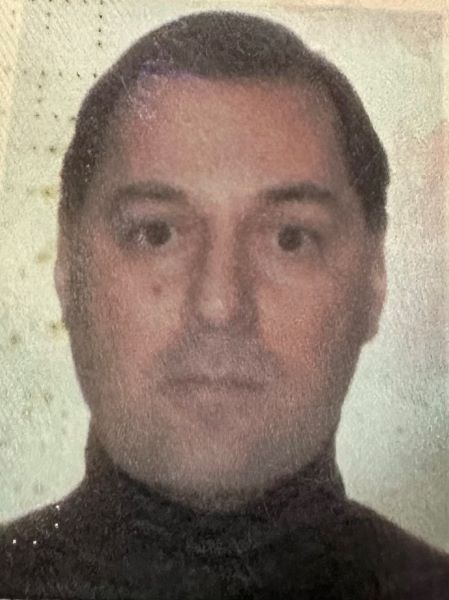
Arya Rahgozar
-
DegreePhD
-
InstituteThe Ottawa Hospital Research Institute
BIOGRAPHY
Arya is an AI expert, scientist at OHRI and an adjunct professor of data science at the University of Ottawa. His background is in applied mathematics, got his masters from University of Waterloo under supervision of professor Olga Vechtomova and his PhD in NLP from University of Ottawa under supervision of professor Diana Inkpen. He did his postdoctoral fellowship at DFM University of Ottawa under supervision of Professors Doug Archibald and Dr Clare Liddy.

Haibo Zhang
-
DegreeMD; PhD
-
InstituteSt. Michael's Hospital, Unity Health Toronto, University of Toronto
BIOGRAPHY
Dr. Haibo Zhang is a Professor of Anesthesiology and Pain Medicine, Medicine, and Physiology at the University of Toronto and a Staff Scientist at the Keenan Research Centre for Biomedical Science, St. Michael’s Hospital. He is the holder of the Robert and Dorothy PiGs Chair in Acute Care and Emergency Medicine, a Hospital-University Endowed Chair.
Dr. Zhang’s research focuses on advancing translatonal medicine in critcal illness, with a particular emphasis on acute respiratory distress syndrome (ARDS), sepsis, COVID-19, bioengineered organ systems, and AI-driven mechanical ventilation strategies.
Paitient Partners

Marie-Maxime Bergeron
-
DegreeBSc.
-
InstituteSepsis Canada
BIOGRAPHY
Marie-Maxime is a registered dietitian and a patient partner. Her lived experience as a septic shock survivor was a catalyst to seek ways that she could contribute to improving healthcare. She became involved in advocacy, steering committees, working groups and knowledge transfer. Marie-Maxime’s engagement experience drove her to pursue a master’s degree in healthcare education, become a trainee and patient partner for Sepsis Canada, a national multidisciplinary, collaborative research network, and collaborate on a patient engagement case study within the University of British Columbia Action on Sepsis Research Cluster. After her discharge from intensive care, she felt it was important to share her story to raise public awareness about sepsis as well as to deepen her understanding of what had happened to her; becoming engaged in these activities was an opportunity to voice the needs of sepsis patients, and in doing so, shape needed changes in healthcare processes and outcomes.

Sehar Saeed
-
DegreeMBA
-
InstituteNational Preclinical Sepsis Platform
BIOGRAPHY
After experiencing the unexpected loss of my sister to sepsis, I became interested in learning more about the ongoing research in this area. I joined as a Patient Partner with Sepsis Canada in August 2021, and began working with the National Preclinical Sepsis Platform (NPSP) research team in Fall of 2021. Having lost a loved one to this devastating illness, I am devoted to making a positive impact in the world of sepsis research. By sharing my experience and perspectives, I hope to work towards patient-oriented research, that improves the prevention, detection and treatment of sepsis.